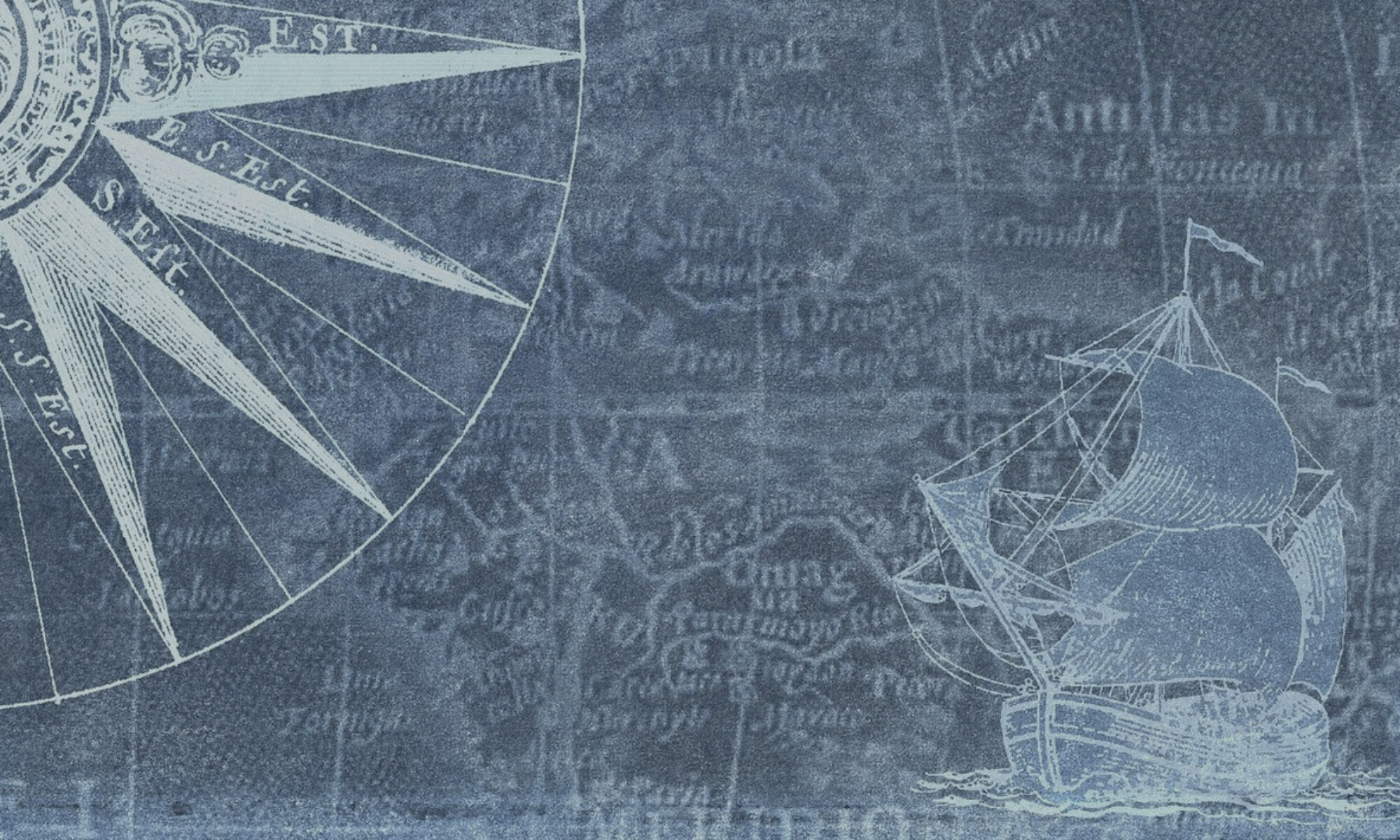LIFE AND NARRATIVE
The Life of Mahommah Baquaqua (1824-1857)
Mahommah Gardo Baquaqua was born in the second half of the 1820s in the town of Djougou in what is now the West African Republic of Benin. Coming from a Muslim trader family, he received a religious education, including some literacy in Arabic. In 1845 he was kidnapped near his home and shipped to Pernambuco in northern Brazil.
During two years of enslavement in Pernambuco and Rio de Janeiro, Baquaqua passed through the hands of several slave owners. The last of these was the captain of a cargo ship, who employed Baquaqua as a steward. Serving on a trip to New York, Baquaqua made his escape in that city in 1847. After a short stay in Haiti, where he converted to Protestant Christianity, he obtained an education in New England and lived briefly in Canada, before leaving for the UK.
The Narrative of Mahommah Baquaqua
In 1854, Baquaqua’s book Interesting Narrative was published in Detroit. Written collaboratively with the white abolitionist Samuel Moore, the text aimed to scrutinize the evils of slavery and to raise funds that would allow Baquaqua to return to West Africa as a Christian missionary.
Baquaqua blends his personal testimony with more general ethnographic observations about his native region in Africa and about slavery in Brazil. In depicting his personal life, he presents a series of incidences that illustrate his constant striving to regain some degree of agency. For example, learning Portuguese enabled him to obtain easier work selling bread for his first owner, who was a baker.
Because of its unique role as the only known narrative text about Brazilian slavery from a slave’s perspective, Baquaqua’s text has been claimed as part of Brazil’s cultural and literary heritage and also has an important place among the literature on slavery in the Americas.
SOURCES AND FURTHER READING
Primary Source
Baquaqua, Mahommah Gardo, and Samuel Moore. Biography of Mahommah G. Baquaqua, a Native of Zoogoo, in the Interior of Africa. Detroit: Geo. E. Pomeroy & Co., 1854.
Online editions accessible for free are these:
Baquaqua, Mahommah Gardo, and Samuel Moore. Biography of Mahommah G. Baquaqua, a Native of Zoogoo, in the Interior of Africa. Detroit: Geo. E. Pomeroy & Co., 1854. Documenting the American South (DocSouth). Charlotte, NC: University of North Carolina, 2001. https://docsouth.unc.edu/neh/baquaqua/summary.html
Selected Research Literature
Horn, Patrick E. “Coercions, Conversions: Subversions: The Nineteenth-Century Slave Narratives of Omar Ibn Said, Mahommah Gardo Baquaqua, and Nicholas Said.” Auto/biography Studies 27.1 (2012): 45–66.
Law, Robin. “Individualising the Atlantic Slave Trade: The Biography of Mahommah Gardo Baquaqua of Djougou (1854).” Transactions of the Royal Historical Society 12 (2002): 113–140.
Law, Robin, and Paul Lovejoy, eds. The Biography of Mahommah Gardo Baquaqua: His Passage from Slavery to Freedom in Africa and America. Revised and expanded second edition. Princeton: Markus Wiener Publishers, 2007.
Lovejoy, Paul E. “‘Freedom Narratives’ of Transatlantic Slavery.” Slavery & Abolition 32.1 (2011): 91–107.
Pursell, Matthew. “The Biography of Mahommah Gardo Baquaqua: His Passage from Slavery to Freedom in Africa and America.” Hispanic American Historical Review 2003: 577–578.
ONLINE RESOURCES AND LINKS
Biography
“Mahommah Gardo Baquaqua, circa 1824 — after 1857.” Slavery and remembrance: A guide to sites, museums and memory. The Colonial Williamsburg Foundation, 2021. http://slaveryandremembrance.org/people/person/?id=PP004
General Interest and Educational Sources
Faal, Courtney. “Mahommah Gardo Baquaqua (ca. 1824-ca. 1857).”Blackpast, 29 March 2009. https://www.blackpast.org/global-african-history/baquaqua-mahommah-gardo-1824-1857/
“Mahommah Gardo Baquaqua.” Audio with transcript. Voice-over by Peter Fitzsimmons. Museum of the African Diaspora, 2020. https://www.moadsf.org/slavery-narratives/mahommah-gardo-baquaqua/
